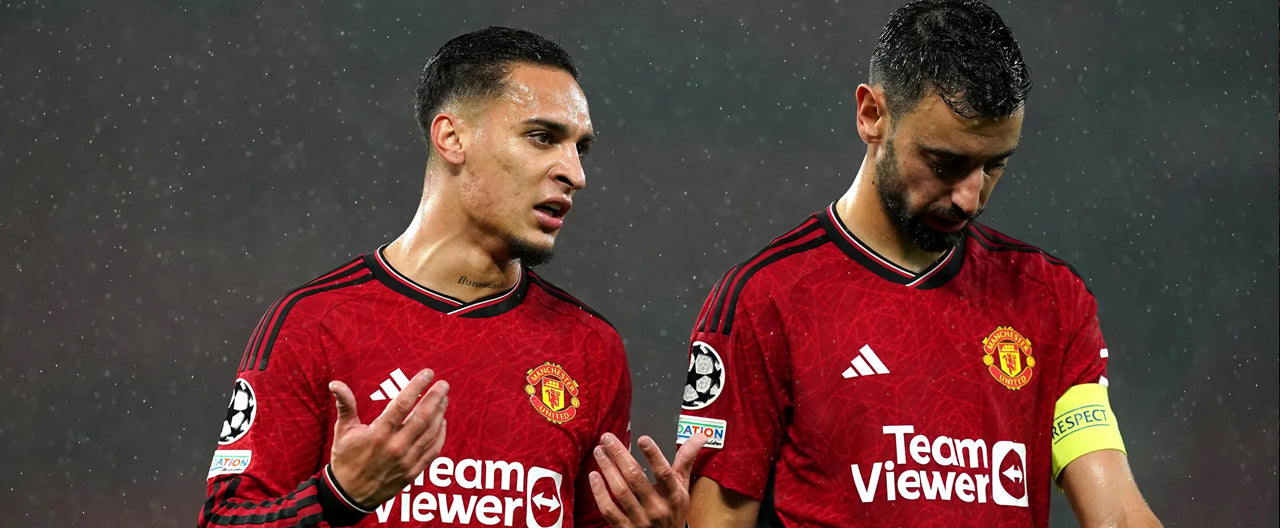- Nike
- Nike Mercurial
- Mercurial Vapor 15
- Mercurial Superfly 10
- Nike Premier 3
- Nike Phantom
- Nike Phantom GX
- Nike Phantom Luna 2
- Nike Tiempo
- Nike Tiempo Legend 10
- Adidas
- Adidas Predator
- Adidas Copa
- Adidas Copa Gloro
- Adidas Copa Pure
- Puma
- Puma Future 7
- Puma Ultra Ultimate
- Adidas X Crazyfast
- Adidas X Speedportal



